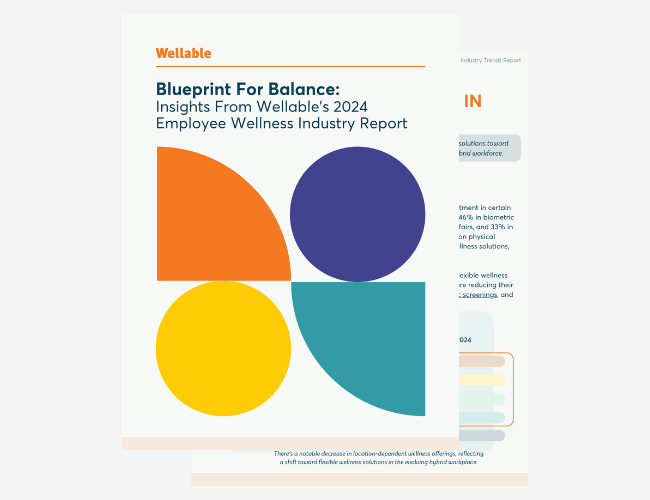Although it is not the intent of the piece, a recent New York Times article highlights the problem with corporate weight loss challenges. The article, which is certainly worth reading in its entirety, reviews research about what happens to the contestants of the “The Biggest Loser” after the show ends. In short, most of the 16 contestants regained much if not all the weight they lost during the show. Some are even heavier now.
This project was the first of its kind to measure what happened to people over as long as six years after they lost a large amount of weight with intensive dieting and exercise. The results showed how “hard the body fights back against weight loss.” The problem with intensive weight loss is that it dramatically slows down one’s metabolism to the point that they do not burn enough calories to maintain their thinner size. This is not new information; researchers have known that deliberate weight loss results in lower metabolism. However, what was surprising was that the contestants’ metabolisms did not recover as they regained the weight they loss. In fact, their metabolisms became even slower as their weight increased. “It was as if their bodies were intensifying their effort to pull the contestants back to their normal weight.”

It may be understandable why individuals will want to engage in intensive weight loss. Why not lose the same number of pounds in less time? What is not understandable is how employers, who should be using evidence-based practices to improve employee health, still promote fad diets and intensive weight loss. It hurts employees and does the opposite of what employers want to achieve with their program – a healthier and happier workforce. Yet, some employers herald the key statistic of number of pounds loss after a weight loss challenge as if they took a big step forward in regard to employee health. We hope this study, which uses an example from reality TV and pop culture, will make the adverse impacts of weight loss challenges more widely known.












